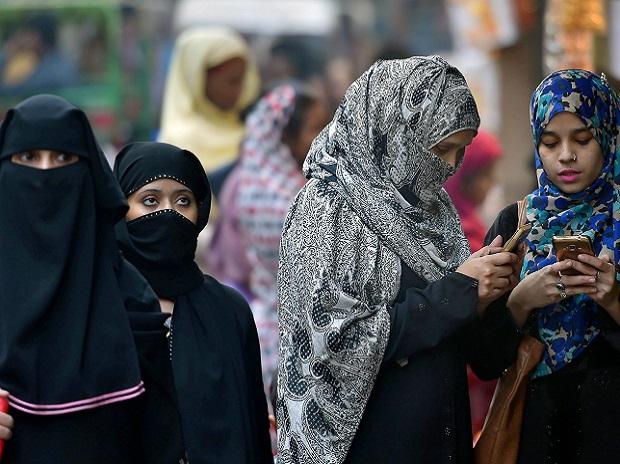Budget 2017 India : Government and Parliament secretariat sources said the Budget speech by Finance Minister Arun Jaitley would be delivered according to schedule on Wednesday.
Amid confusion over whether the Parliament would be adjourned following the death of sitting member of Parliament E Ahamed, sources said the Budget presentation would not be postponed. Ahamed, who was an Indian Union Muslim League Lok Sabha member and former Minister of State for External Affairs E Ahamed, passed away early morning on Wednesday.. He had suffered a cardiac arrest at the time of President Pranab Mukherjee's address to the joint sitting of Parliament on Tuesday afternoon.
Government sources said there was needless confusion about the issue. Usually, the House proceedings are adjourned if a serving member passes away. But sources said there was no rule to this, and this was only a convention.
The Lok Sabha, therefore, will meet and pay its respects to the departed soul but the Budget presentation will go on as per schedule. All that the government needs to do is get half dozen parties on its side even if the Congress and others might protest.
The Congress is likely to protest what it has alleged to be the intent to keep the news of Ahamed's passing away under wraps. On Tuesday midnight, Congress President Sonia Gandhi and other leaders reached RML Hospital to complain that Ahamed's family member were not being allowed to meet him. Ahamed was declared dead a couple of hours later.























